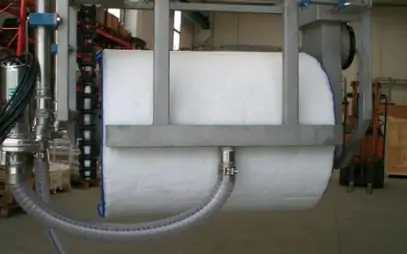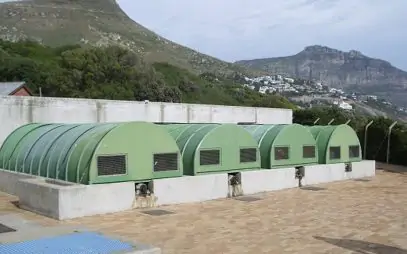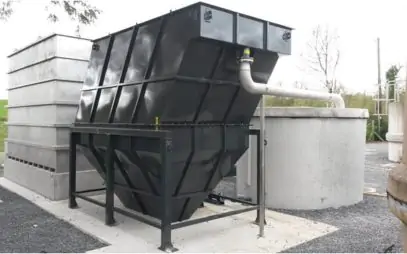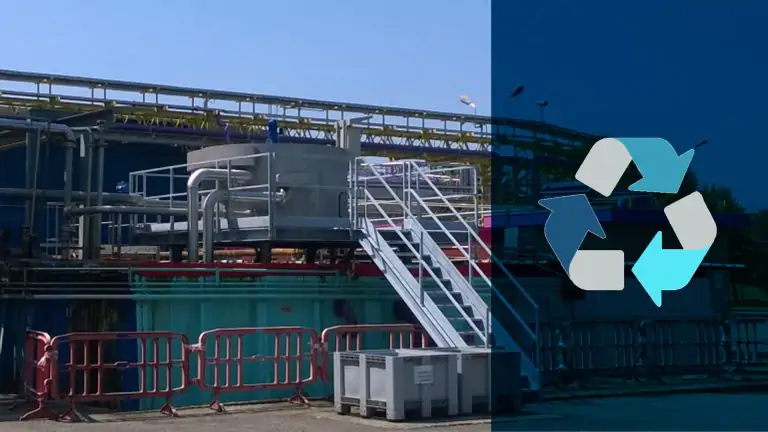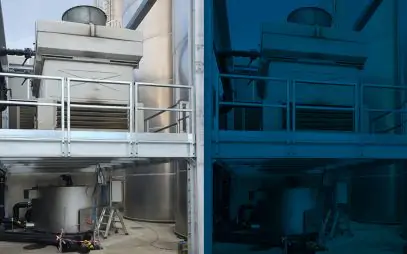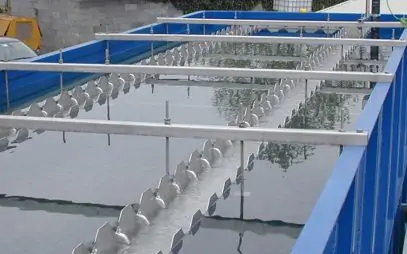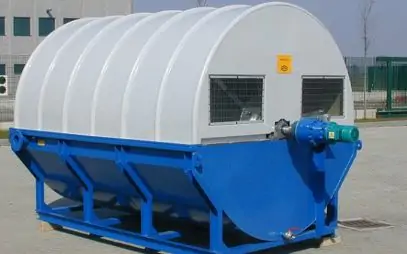MITA Water Technologies' canvas filtration for water reuse
Industrial water filtration systems are often used with two goals in mind: compliance with restrictive European environmental regulations and to achieve a high quality final effluent (in terms of reduction of suspended solids, BOD and COD, phosphorus, etc.) for effective reuse of the water resource in the production cycle.
For these purposes, tertiary cloth filtration is very convenient, especially with limited space for housing equipment.
In this area, one of the most viable solutions is certainly pile cloth media filters, in both disc and drum variants: the water treated by depth filtration, enabled by the cloth fleece, is certainly of higher quality than that of similar tertiary filtration solutions, for an output of about 5 mg/l of suspended solids. Thus, it also becomes cost-effective to recover water that would otherwise be discharged, allowing a significant economic advantage for businesses.
In some processes, however, further finishing is required than simple cloth filtration: in these contexts, disc or drum filters using free fiber are effectively installed upstream of membrane processes, e.g., reverse osmosis. Indeed, the membranes of this technology must be safeguarded from fouling as much as possible and need to receive water with a very low content of suspended solids: it is precisely cloth filters that intervene here with their versatility in handling high loads of incoming pollutants.
Ask for Information